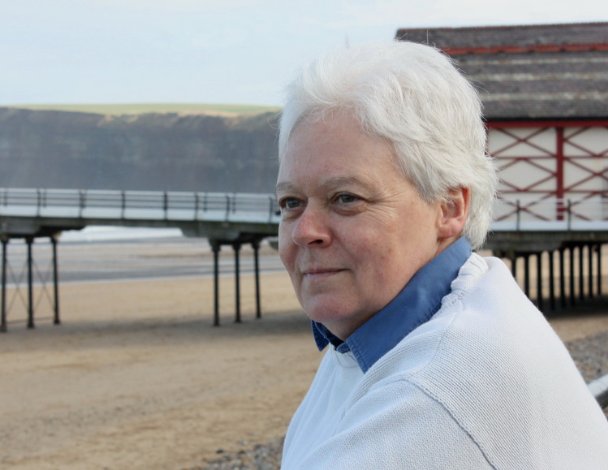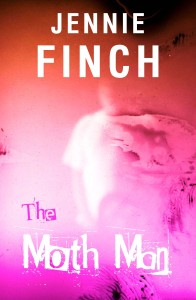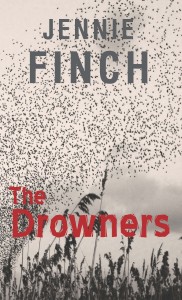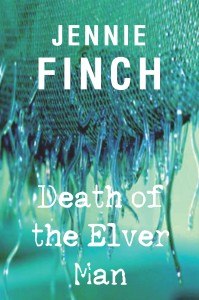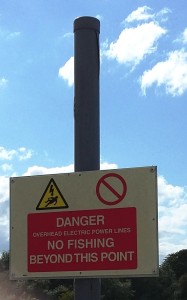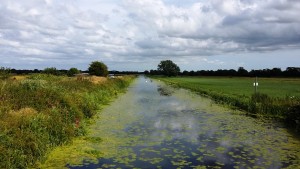Writing is a lot about persistence – the ability to keep going even without external encouragement. “NaNoWriMo” (or National Novel Writing Month as it is properly called) is a call to arms for all you writing hopefuls out there. Write 50,000 words in November and finish a book! Have a set target, keep count, get encouragement along the way and the feeling when you do it is wonderful. NaNoWriMo can be the start of something great – it introduces novice writers to the process of writing, day after day, and can help those stuck at the half-way point in a book get going again. But what happens if you get to November 30th and you’re not finished? Keep going!
Let’s be honest, it is unlikely you will be finished even if you’ve done your 50,000 (and to be honest with you, I’ve never managed 50,000 words in a month. I just don’t write like that. So all power to you if you have. You have my respect.) The average length for a commercially published novel is 100,000 -110,000 words though a lot first novels are a bit shorter. My first book, “Death of the Elver Man”, was 91,000 words. Still, it helps if your debut is around the 100k mark.
Then there’s the rest of it. Even if you finish the story, in however many words, what you have is a first draft. Now the real work begins – edits! Some people hate them, some enjoy the process but even undiscovered geniuses need to review and re-write, check, polish, cut and change to make your story into a book. This can be when it is hard to keep going, especially if you are working in isolation. You need another pair of eyes, preferably someone outside the family, to look at your work and point out where it can be improved, and then you need to swallow your ego, listen to them and get going again, improving all the way.
If you are aiming for self-publication you have a lot more say in the format and length of your work but a few months editing and polishing will help make your book something of which you can be proud. So, when you hit November 30th if you’re still enthused by your story – keep going. Find a way to reward or motivate yourself and you never know where it can lead. For myself, I learned to make an origami crane and now when I hit a day’s target I make one and add it to a garland in my writing room. I only started doing this a few weeks ago but each day now I push just a bit more because I really want to end the day with another crane. Each morning I smile when I see this visible record of my NaNoWriMO. So – whatever works for you – just keep at it. And good luck.

